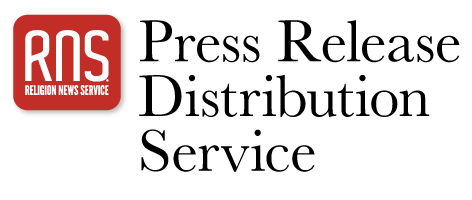
For many years now, Christianity has been the dominant religion of South Korea. However, if you look at the numbers there has been a marked decline. A 2015 poll reports that the younger generations are becoming increasingly less Christian and less religious in general. Furthermore, church attendance by those who remain is declining as they find religion less and less relevant. This is a surprise coming from the small country that sends out more Christian missionaries than any other country save the U.S. itself. Religion as a whole has been declining, but this is a manifestation of a deeper issue.
South Korea has made great strides as a nation. In only a short amount of time, it has cemented itself as the 12th largest economy in the world. However, the country has not been without civil unrest. The sanctity of “the separation of church and state” has been brought into question several times in the Republic’s short history. In the 1970s and 80s, after the assasination of Korean President Park Chung-Hee and a coup d’etat, General Chun Doo-Han assumed the presidency and performed a controversial “social cleansing” and subjected many unwelcome social and religious groups to “purificatory education.” Koreans who lived through it remember that time as one of the most violent and ideologically dangerous times in the nation’s history.
Similarly and more recently during the Coronavirus pandemic, the Korean government pressed charges against the Christian church Shincheonji for the outbreak that occurred in its Daegu branch. Several leaders were detained in prison while awaiting prosecution for claims of “murder through willful negligence.” Meanwhile, roughly 4,000 of the congregants who were formerly afflicted by the virus agreed to donate plasma for Coronavirus relief efforts. Public interference in religious affairs continues to be an issue. Moreover, the Shincheonji’s treatment was affirmed by many mainstream protestant denominations.
Considering this, it isn’t so surprising that younger generations are choosing to separate themselves from religion. As it is in the West, the reason many people have broken ties with religion is it has become what they consider to be overly political and corrupt. With the rise of the digital age and the recent decline in the economy and employment, many Koreans are just pushing religion aside in favor of other things. Many see religion as something for the older generation or something for those with more time on their hands, whether it’s Buddhism, Christianity or other religions. Religion will continue to decline so long as it’s seen as something corrupt rather than something pure, useful, and relevant.
###
Contact
Mary Oliver
[email protected]
(718) 962-9794
